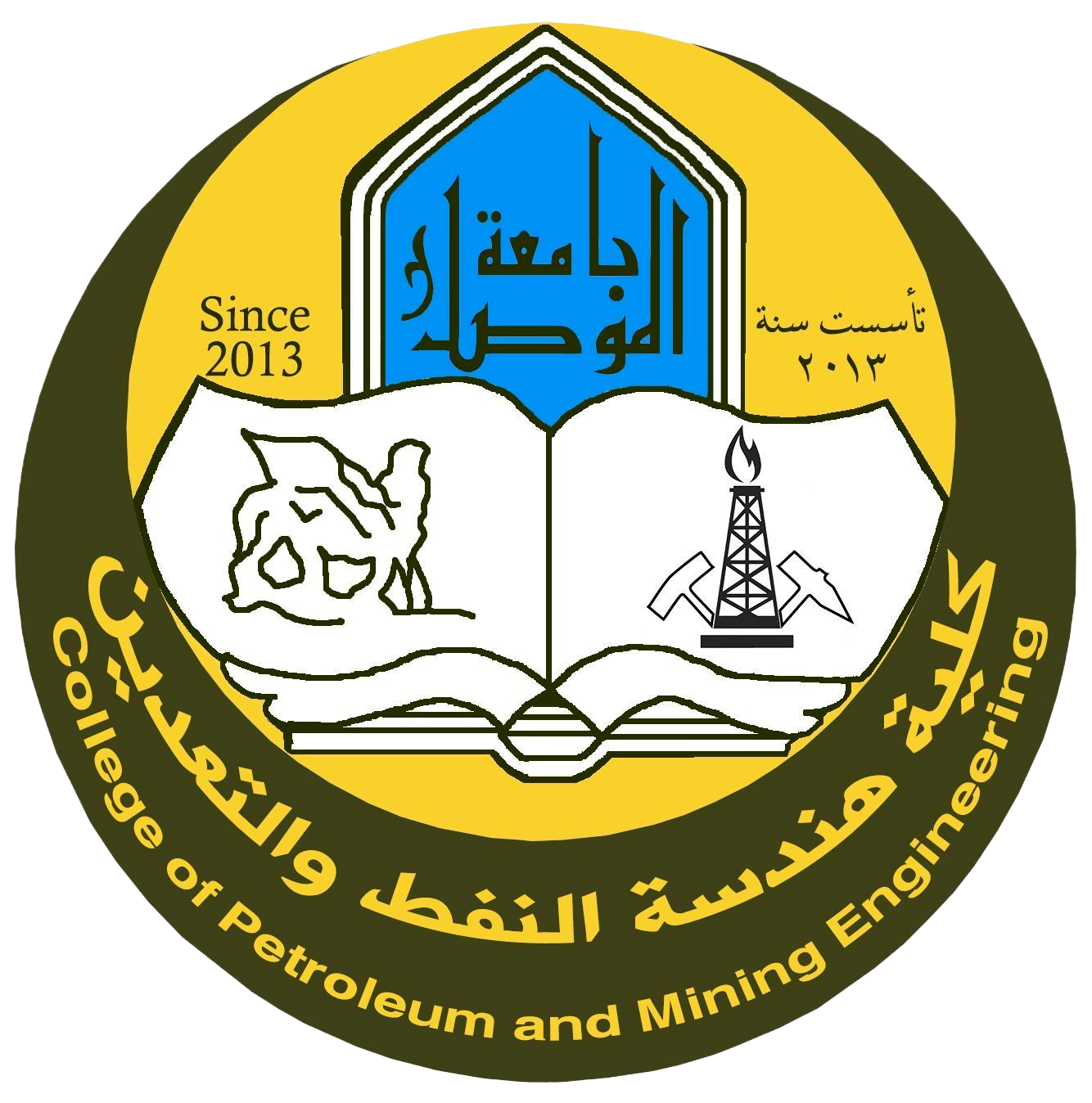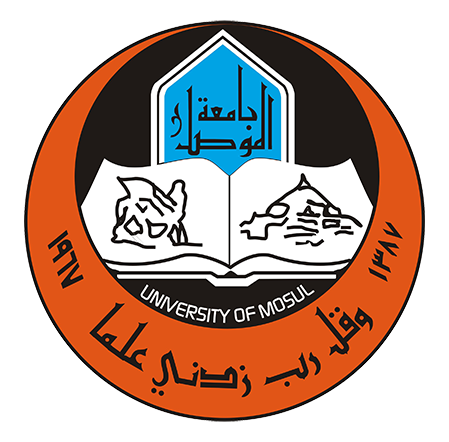Department in Brief
The petroleum reservoir engineering department of the faculty of petroleum and mining engineering at the University of Mosul, established in 2013-2014, is the first of its kind. Within four years of study, the department strives to prepare qualified and specialized staff in the field of petroleum reservoir engineering. Consequently, the student will receive a bachelor’s degree after completing 154 units.
The curriculum encompasses all petroleum reservoir engineering topics, such as reservoir engineering, drilling engineering, production engineering, gas technology, and secondary oil extraction techniques. Several professors with doctoral and master’s degrees teach in the department, which has graduated hundreds of reservoir engineers.
Since its establishment to the present day, the department has endeavored to reconcile relations with international energy corporations in numerous sectors through practical means. Supporting the scientific educational process in accordance with international accreditation standards to accomplish the department’s vision and mission, the department aims to prepare highly qualified reservoir engineers for employment in various sectors of the oil and gas industry. In addition, the department strives to improve the teaching staff’s abilities, attract scientific talent to the department, and conduct solid applied scientific research that includes new knowledge that can be utilized on the local and global markets, as well as to increase the confidence of the community and external institutions in the department’s outputs, as well as to foster cooperation and scientific exchange with corresponding departments
The Department of Petroleum Reservoir Engineering/College of Petroleum and Mining Engineering at the University of Mosul was established in 2013, and its first graduating class received certificates in 2016. The college’s curriculum is founded on the fundamental specializations in this discipline. The department’s staff periodically reviews its curricula to keep up with developments in the field of petroleum applications, and its curricula have always incorporated the scientific foundations in these specializations and adapted them to the country’s advancement in petroleum technology

